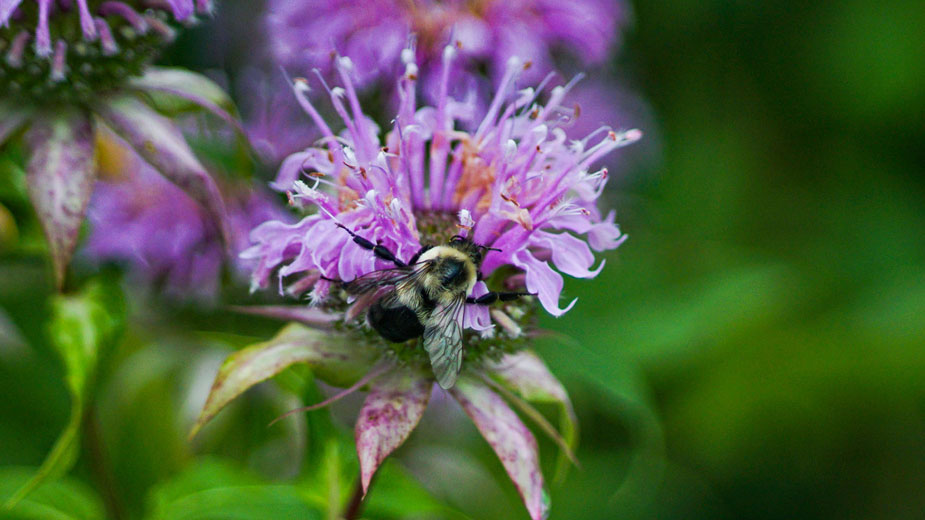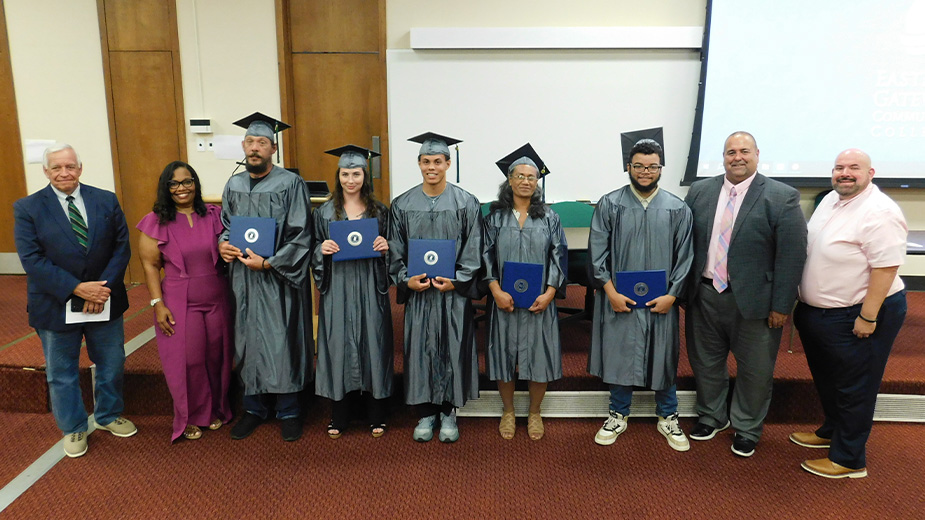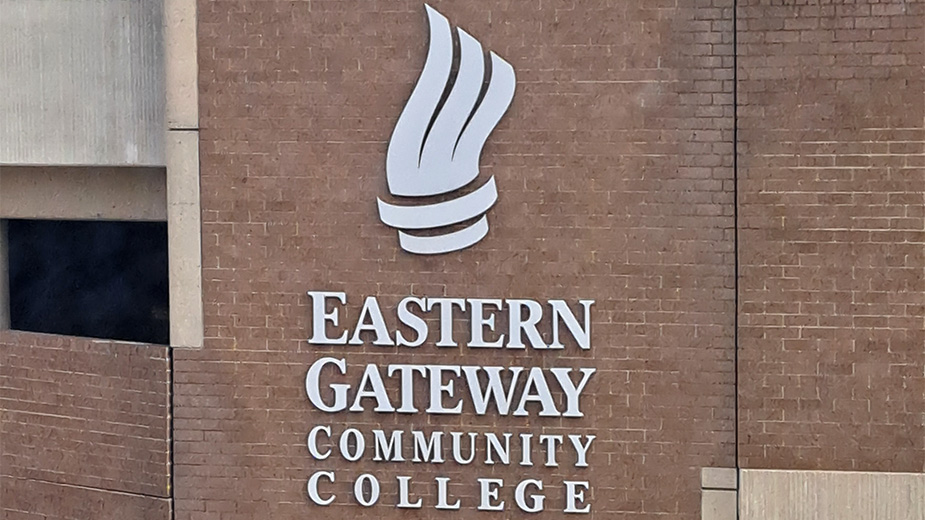Grove City College to Add Pollinator Garden
GROVE CITY, Pa. – A haven for bees, butterflies and other insects will be installed this fall at Grove City College.
The pollinator-friendly garden is a part of a larger effort to learn more about pollinators and the diseases affecting honey bee populations around the globe, said Tracy Farone, a biology professor at Grove City College. As head of the project, Farone will be working with students and other faculty on the project.
“At this point, I’ve had my nose in 3,000 to 4,000 hives,” she said.
Farone has been on sabbatical for the past seven months, working across Europe and the United States with beekeepers and academics to study apiculture. She has also been speaking about bee health at conferences for veterinarians and beekeepers.
“The new Grove City College garden is intended to bring awareness to ‘One Health’ issues and how all of creation is connected,” she said.
The One Health idea recognizes that the health of people is connected to the health of animals and the environment, according to the Centers for Disease Control and Prevention. The garden will be a joint effort between government agencies, academic partners, beekeeping associations, farmers, master gardeners, veterinarians and rural development agencies to study and combat the threat to pollinators.
“Bee health is crucial to the sustainability of our food sources,” she said. “Students will be able to get hands-on experience and a variety of research opportunities will be available as the project develops.”
The garden’s initial construction and development is being funded by grants Farone secured from a private donor and matching funds. Anyone with gardening skills and a love of the outdoors may be able to participate in the project alongside biology research students, she said.
“We’re expecting to get some buy-in from students from other disciplines,” Farone said. “We’re hoping that engineering students can help design or build new beehives and entrepreneurship students can use their talents to market a line of honey that we hope the bees will produce in our garden.”
Construction and planting will begin in the fall and, in the spring of 2020, bees and beehives will be introduced. The site, away from homes and areas regularly traveled by students, is on the northeastern corner of the college’s 180-acre campus, providing nearby natural sources of food for the bees.
Copyright 2024 The Business Journal, Youngstown, Ohio.



